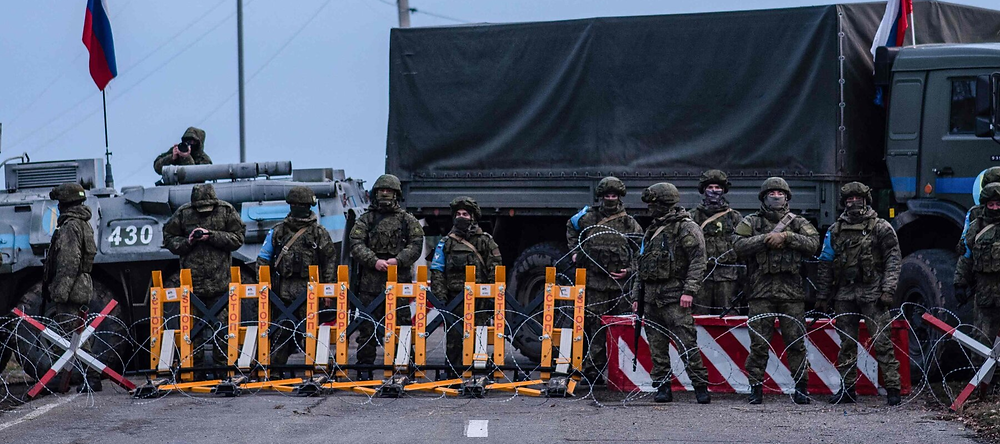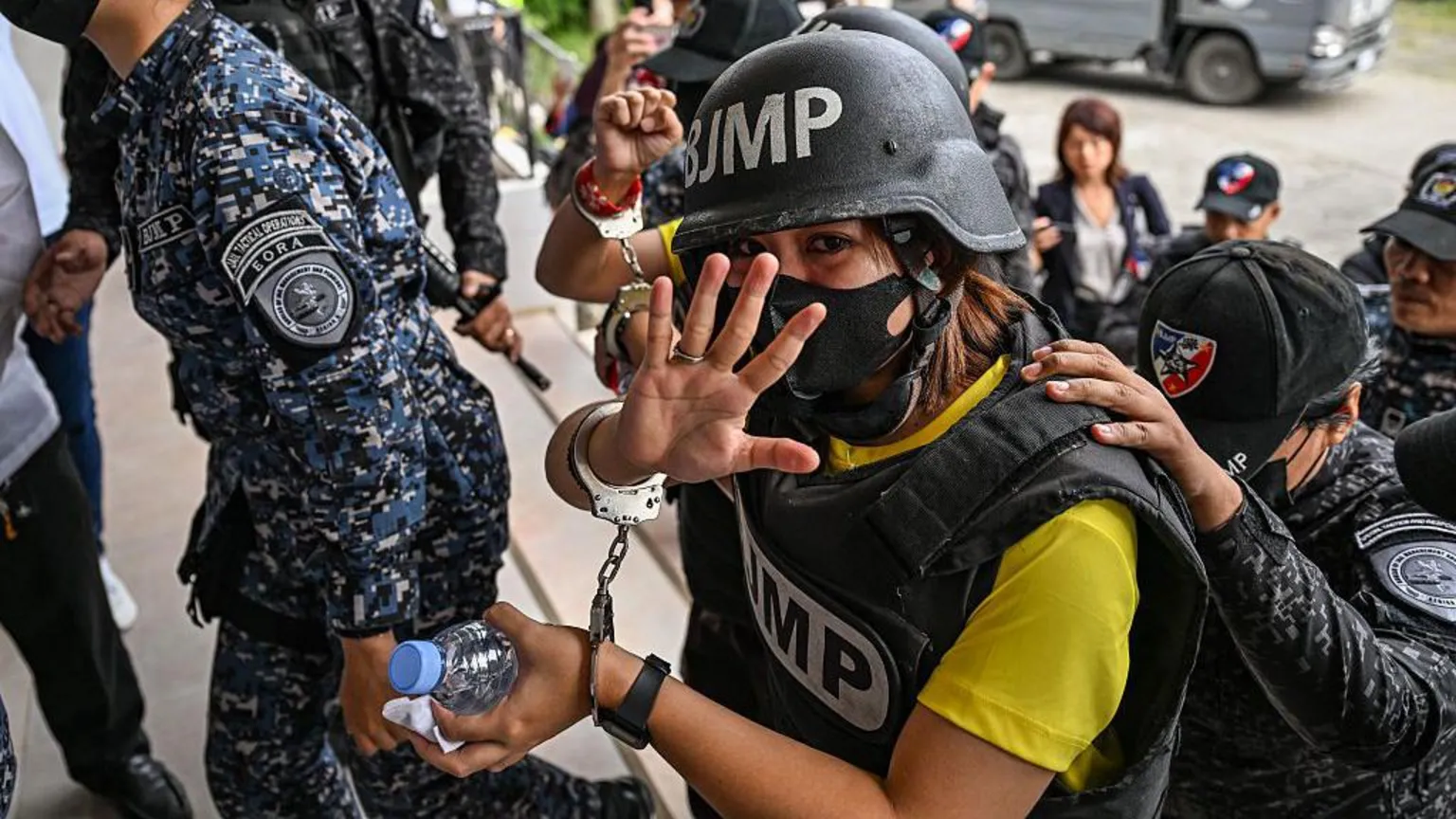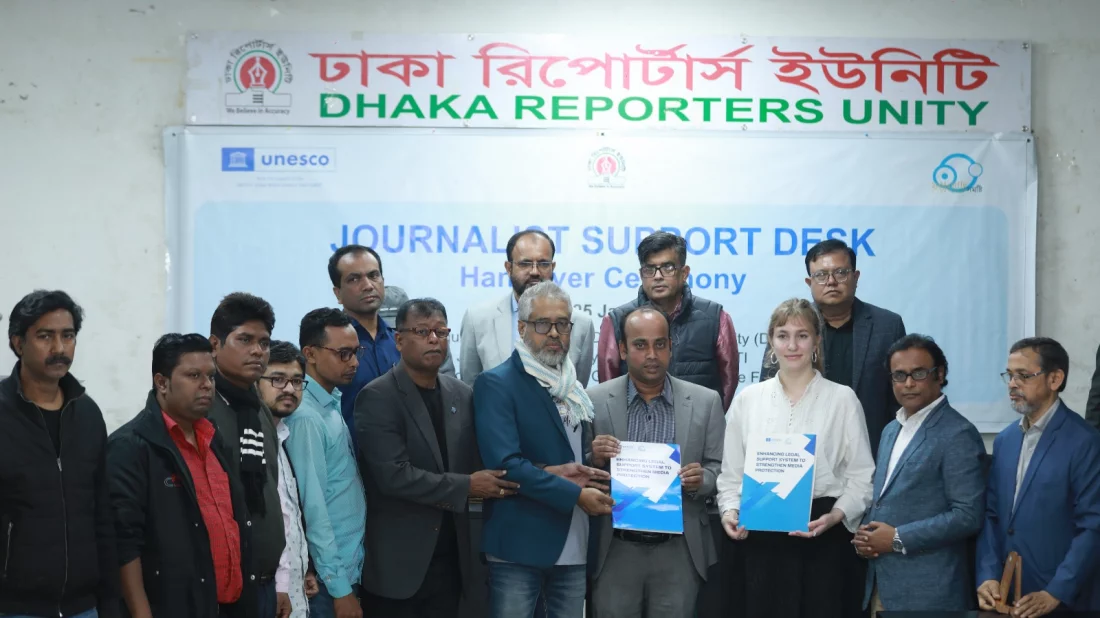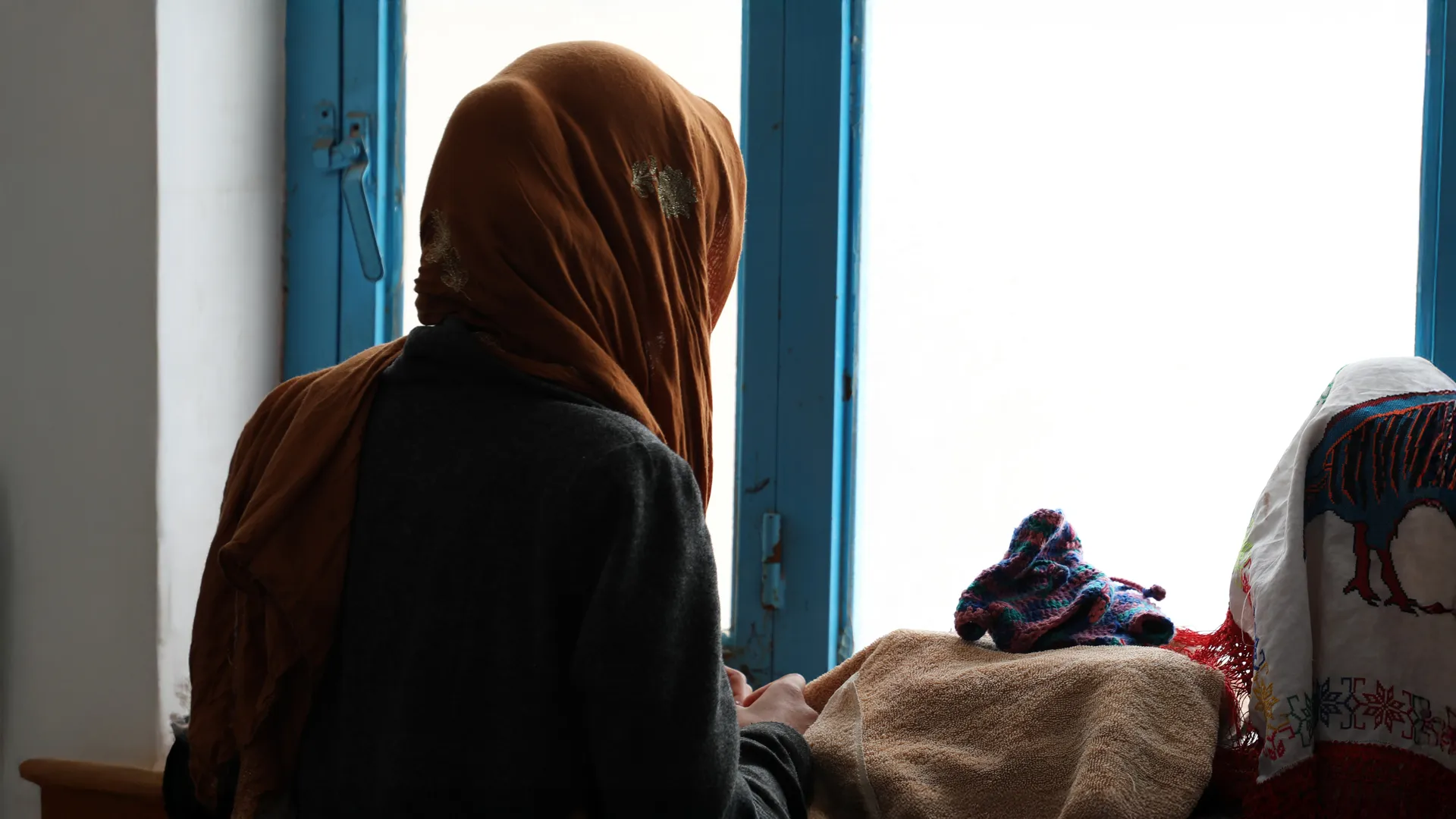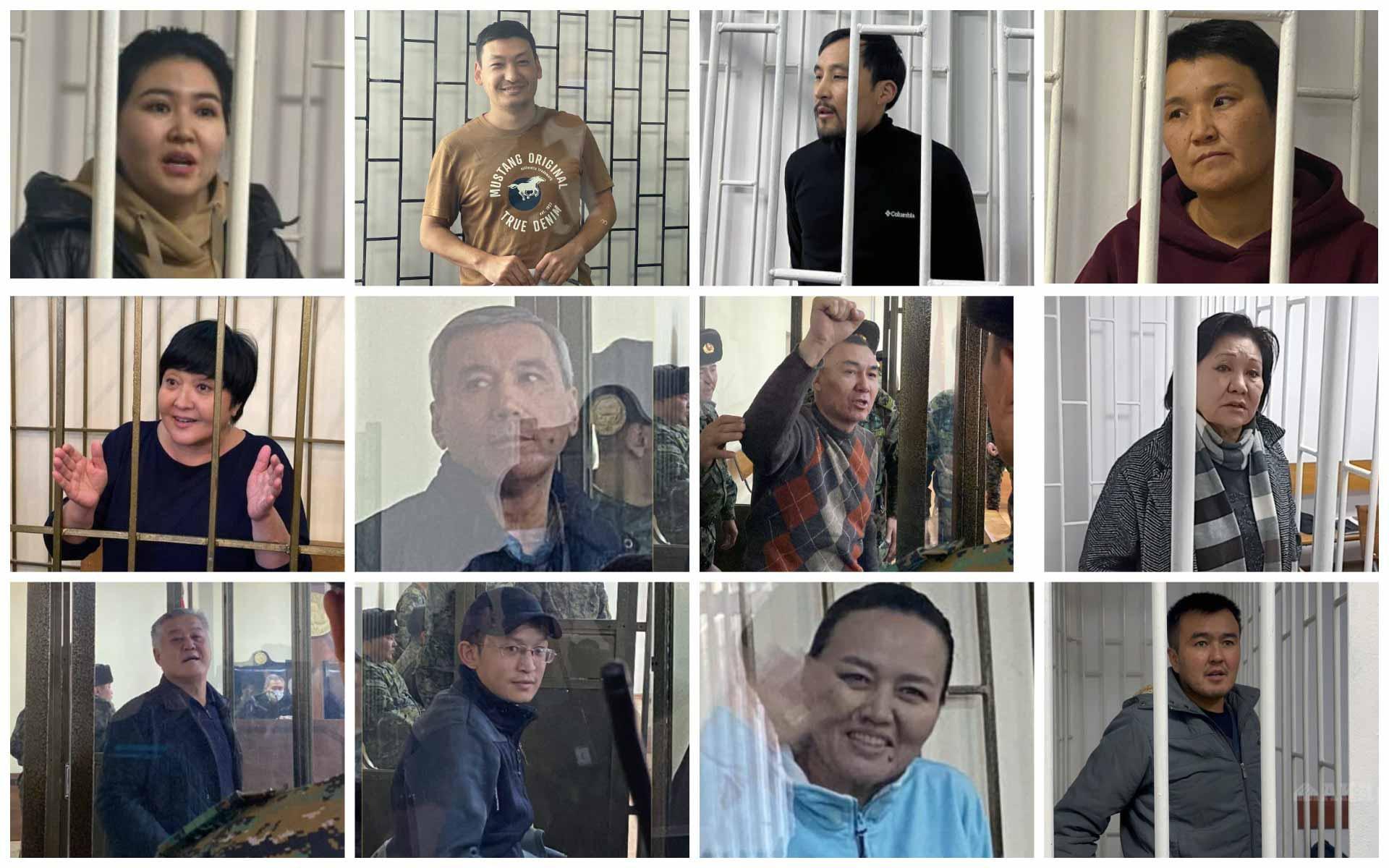
Kyrgyzstan’s Media Under Siege: Prosecutors Push for Six‑Year Jail Terms for Investigative Journalists
September 26, 2024
Truth Without Borders: IJ4EU Awards Honor Cross-Border Journalism’s Impact
September 26, 2024September 26, 2024 – Armenia –
Armenia’s media landscape has made important strides since the 2018 Velvet Revolution, but a new analysis by the International Press Institute (IPI) reveals that press freedom remains on uncertain footing. Despite climbing to 34th in the 2025 World Press Freedom Index, Armenia faces mounting challenges, including rising political polarization, waning public trust, and weak legal protections for journalists.
One of the most pressing concerns is the growing perception that media outlets are politically biased. Many prominent news platforms are closely aligned either with the ruling Civil Contract Party or with former elites, eroding public confidence in the press. As a result, audiences increasingly turn to social media, which, while more diverse, is often rife with hate speech, misinformation, and coordinated harassment campaigns, especially targeting women journalists.
Legal reforms have been introduced, such as the decriminalization of defamation, but implementation remains weak. Strategic lawsuits, political interference in the courts, and a lack of judicial independence continue to endanger media freedom. Regulatory bodies, including those overseeing broadcast licensing, are still vulnerable to political influence, allowing governments and powerful figures to shape the media environment to their advantage.
Public broadcasters remain under state control, and private media ownership often lacks transparency. Independent outlets like EVN Report and Hetq continue to do critical work, but they operate in an ecosystem where financial sustainability and legal protection are limited. Journalists covering sensitive topics—such as the Armenia-Azerbaijan conflict or deteriorating relations with Russia—often face intimidation or retaliation.
Despite these obstacles, Armenia retains tools for progress. The country’s Freedom of Information Law, though inconsistently applied, provides a legal basis for transparency. Growing digital media and Armenia’s EU aspirations offer external motivation for aligning with international standards.
To safeguard its democratic future, Armenia must depoliticize its media sector, strengthen protections for journalists, and promote transparency in media ownership. Without urgent reforms, the country risks allowing polarization and distrust to undermine the fragile gains made in recent years, and weaken journalism’s role as a cornerstone of a democratic society.
Reference –
Waning trust and rising polarization: Armenia’s bumpy road to free press – ipi.media

